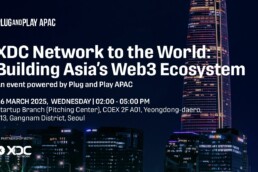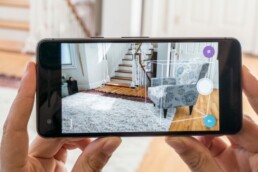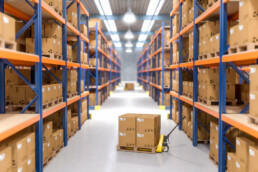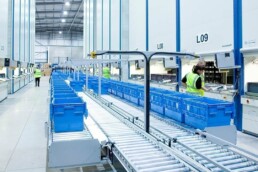It is becoming increasingly clear that eclectic vehicles (EVs) are the future. They offer low emissions, noise, and more space for better designs. Much of the credit goes to the lithium-ion battery that powers these EVs. However, most lithium-ion batteries only last around 6-8 years. Then they are shipped to recycling facilities for raw material recovery. However, many Korean companies and startups are looking to cash in on the untapped value of reusing these secondary EV batteries for “secondary-life projects.” When EVs get over 150,000 kilometers, the batteries must be replaced because their capacity will drop to 70%. Therefore, the batteries can be reused because the average EV lithium-ion battery can still have up to 70% of its charging capacity after removal. Therefore, there is vast potential to create additional projects by putting these secondary batteries for other applications.
South Korea wants to expand its electric vehicle market by using subsidies to get 350,000 EVs on the road. This means by 2030, there will be a large supply of eclectic secondary batteries on the market. The Ministry of Trade, Industry, and Energy said they would invest over $11 million in battery management systems (BMSs) with increased stability, mobile battery packs, and energy storage systems (ESSs) using second-life batteries. This is along with the pattern of the Korean government easing regulations on reusing secondary batteries. They will cooperate with Korean companies to begin new business projects using discarded EV batteries. Below we will discuss some innovative solutions Korean companies have for these secondary batteries.
Hyundai Glovis

Hyundai Glovis is the logistics wing of Hyundai’s auto group. They partnered with KST Mobility, a taxi service company, and LG Chem to start a battery rental service for electric taxis. Hyundai Glovis will be responsible for renting out the secondary batteries to electric taxi companies. They also signed an MOU with the Korean government and logistics, battery, and mobility companies to create an EV battery leasing business.
Hyundai Glovis has a dedicated logistics system for the marine transportation of EVs. It will be used mainly for loading, shipping, and unloading EVs since they need special care as the battery cells are installed lower in the vehicle than combustion engine vehicles. In addition, the battery and the vehicle’s condition will be monitored regularly during travel. In 2022, Hyundai Glovis carried over 200,000 EVs via their patented container.
LG Chem

Chemicals firm LG Chem plans to use secondary batteries to build ESSs. They will also partner with Hyundai Glovis for the electric taxi project. They will recycle the batteries that will be collected to make ESSs for high-speed EV chargers. LG Chem supplies EV batteries for Tesla, Volkswagen, Hyundai Motor, and GM and has a battery business called LG Energy Solutions. This includes not only EV batteries but also small batteries used in smartphones and laptops.
Hyundai Motor Group

Hyundai Motor Group and SK Innovation will cooperate to find solutions for using secondary EV batteries. Furthermore, they have already signed a preliminary agreement with the Korean government to establish a battery recycling system. Hyundai Motor Group is also a part of the Korean government’s regulatory sandbox, where they will develop ESSs using their waste batteries. An ESS container will be developed with reprocessed batteries recycled from EVs. It will be able to store electricity produced by photovoltaics.
It is estimated that close to 10,000 used EV batteries will be available in 2023. Therefore the Korean government is very eager to find ways to reuse retired EV batteries. However, currently, the recycling of waste batteries is banned in Korea. Therefore, the Korean government collects used EV batteries in Korea, which provides subsidies for EV purchases. These secondary EV batteries are stored inside government storage centers waiting to be used for innovative projects. This is why the Korean government created a regulatory sandbox to allow companies to use them for various pilot programs and to develop new business models.
Popular
Related Posts






